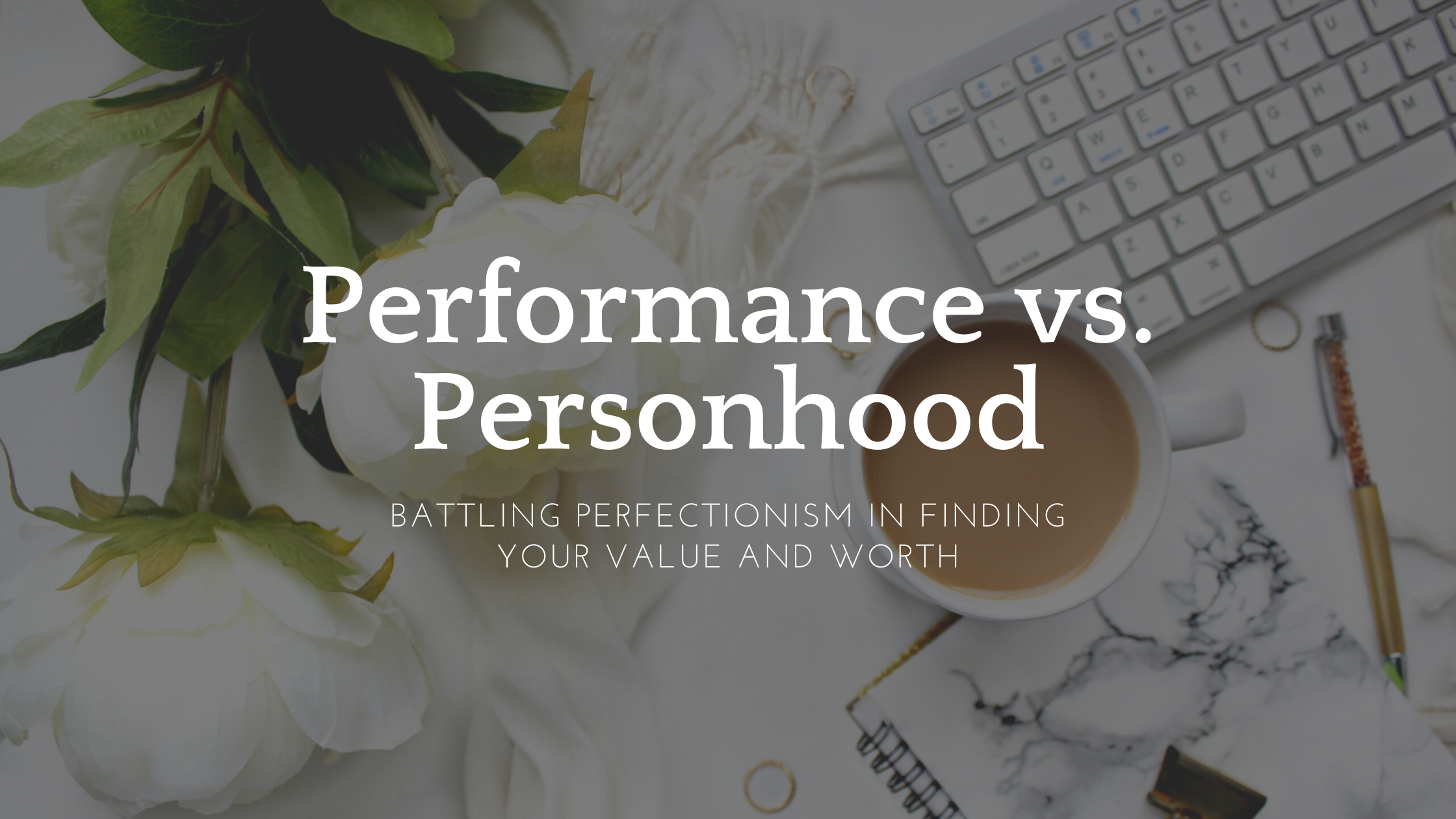Have you ever had the experience of sadness that just won’t go away, no matter what you try? Everyone goes through ups and downs in life and can experience temporary feelings of sadness. Depression, on the other hand, is a disorder that negatively influences your thoughts, emotions, and behaviors. It can interfere with your daily life, make you lose interest in the things you used to enjoy, and lead to feelings of hopelessness.
You may have clinical depression if you’ve experienced these symptoms:
Feeling sad or depressed
Loss of interest in things you used to enjoy
Sleeping too much or too little
Lack of energy or fatigue
Weight gain or loss
Changes in appetite
Difficulty thinking, making decisions, or maintaining focus
Critical or negative beliefs about yourself
Sense of hopelessness, worry things won’t ever get better
Unexplainable bouts of crying
Feelings of worthlessness or guilt
Suicidal thoughts
If you are considering suicide, please call the Suicide Hotline at 1-800-273-8255 or drive to your nearest ER facility.
At Restored Hope, we’ll work together to change behaviors that are feeding into your feelings of depression, addressing the negative thought patterns that keep you stuck on a loop, and look at past experiences of trauma that may be worsening the negative thoughts and emotions. You’ll begin to see your moods shift in a positive direction as you practice better self-care and release the negative self-talk that keeps you stuck in your depressed mood.
Frequently Asked Questions
What can I expect in therapy?
As a psychotherapist, I take a multi-tiered approach to helping you with depression. First, you and I look at your behaviors that get in the way of feeling better. Then we dig into the negative thoughts you have about yourself and others and look for any faulty thinking patterns. During this time, we also address any past experiences of trauma, whether major or minor, to discover where you picked up those negative messages. Here we might use trauma treatment techniques like EMDR or narrative techniques to dismantle these core beliefs.
When you and I approach treatment this way, you’ll likely begin to see your moods shift as you begin to practice better self-care. Longer-term change in moods comes with addressing negative thought patterns and past trauma.
Do I need to be on medication?
For some clients, psychotherapy alone is effective. Others may need a boost from anti-depressant medication in order to effectively do the work of psychotherapy. Still others who struggle with longer-term depression may need a more extended course of medication.
I would recommend medication especially if you are struggling with suicidal ideation or a negative belief system that does not budge despite significant work in therapy. Talk with your primary care physician or give me a call (link to phone number) for a list of psychiatrist referrals.
Is depression my fault?
Often depressed individuals feel like they’ve brought depression on themselves with their choices in life. This fits with the symptom of self-condemnation and self-shame. Let me remind you that depression is caused by a chemical imbalance in the brain. While experiences in your past or present may have contributed to your depression, you likely did not bring it upon yourself.
What different types of depression are there?
Major depressive disorder is a short-term experience of depression during at least a 2-week period where you feel significant, intense depression that interferes with daily living.
Persistent depressive disorder is long-term depression that lasts for 2 or more years. Typically it is less intense than a major depressive episode, but contains similar symptoms over a longer period of time.
Seasonal affective disorder involves depressive symptoms exacerbated by the winter season and shifts in amounts of sunlight.
Pre-menstrual depressive disorder involves depressive symptoms corresponding with a woman’s menstrual cycle.
Post-partum depression involves depressive symptoms corresponding with the birth of a child.
Bipolar depression fluctuates between days to weeks of depressed mood coupled with days to weeks of feeling invincible or on top of the world. Bipolar depression requires treatment with medication.
What’s the relationship between depression and anxiety?
Depression and anxiety are frequently confused with one another, as they often can both be diagnosed in the same person. They both include negative thoughts about the self. Anxiety tends more toward physical symptoms, while depression is often associated with lack of motivation and enjoyment of activities you used to love.
How long does it take to get better?
Treatment length depends on your internal and external resources and the severity of your depression. In the course of 8-10 sessions, most people experience a significant shift in their depression. Factors that may influence the length of therapy include past trauma, current self-care and social supports, and the amount to which the client does the work of therapy.












